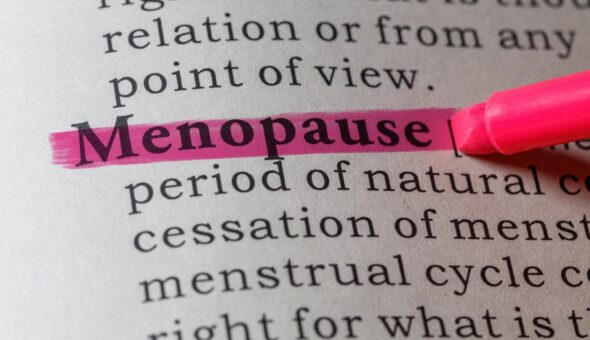Human beings have an innate need to connect with others and a deep need to feel understood.
Respect is a way of treating or thinking about something or someone that can help them to feel connected and understood. Whilst disrespect can result in – well – feeling disrespected, disconnected and misunderstood and I am sure we would all agree, that is not a good place to be.
Respect is one of the foundation stones of a healthy relationship, personally and professionally, but sadly it is sometimes not recognised as being essential and people can experience stress and anxiety when they do not receive respect from others.
I was interested to read in the Psychological Science journal that the appreciation and respect of our peers has a greater bearing on our overall happiness in life than our bank balance or the status of being rich. The studies showed that there was clear evidence that sociometric status was linked to wellbeing whereas socioeconomic status was not.
So if there is an opportunity to help someone feel valued and worthwhile and treat them with respect, what gets in the way of this happening? Hopefully we know the good feeling that we experience when we feel respected ourselves. The chances are that we feel better inside, we have more energy, we have more to give and ultimately, we will be more resilient to manage the everyday challenges that life throws at us every day.
There are many ways in which we can gain perspective when we reflect on, consider and respect differences in people. Sometimes, this offers us the opportunity to recognise that the way we have been going about something isn't the best way, and we can try something new, getting a better outcome for both ourselves and others.
Every day, we wake up with a choice. When we go out into the world physically or virtually, we can either operate on autopilot, reacting haphazardly to interactions with others, or avoiding them altogether. Or we can be mindful of our behaviour and how it’s affecting other people and impacting on our own wellbeing.
There are many ways that we can show respect, incorporating everyday behaviours into daily activities, making a world of difference to those around you. Examples include:
- Listening attentively and acknowledging someone’s views will enable the person to feel valued and respected.
- The words of ‘dignity’ and ‘respect’ go hand in hand. We all have different customs and ways of working and living and we should respect and value those differences.
- Respect comes when you empathise with the other person in a way that will encourage them to feel respected and so return the favour.
- Being open-minded and having a willingness to consider new and different perspectives.
- Being considerate, showing courtesy, being polite and showing kind regard.
- A simple act of kindness can demonstrate respect.
These cost little but can be worth much.
If you would like to explore this topic further the Development Toolkit has a range of resources.
Responses

Dear Heather
Thank you for such a thoughtful piece on a topic which often doesnt get discussed as part of wellbeing. I recognised some of the suggestions as very similar to the ideas on Emotional Intelligence written by Daniel Golman which I studied about 20 years ago. Listening to, considering and giving real thought to another's viewpoint, then demonstrating this by reflecting it in how you respond is such a good example of showing respect. Richard